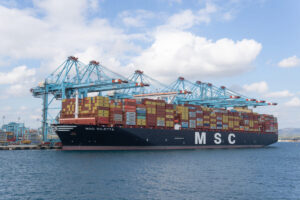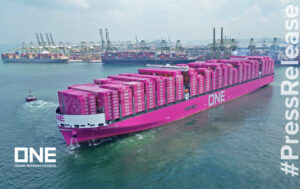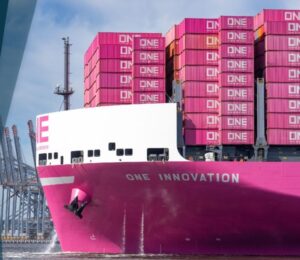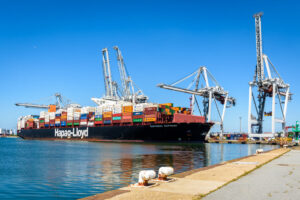The Port of Rotterdam has announced that carbon dioxide (CO2) emissions from its industry and power plants reduced by 1 million tonnes in 2022, reflecting a 4.2 per cent decrease from 2021.
The decrease was mainly driven by the chemical sector and industrial gas producers. Because of high natural gas prices, producers scaled back their production, according to the Port of Rotterdam.
As a result, they emitted a total of 0.8 million tonnes, which is 16 per cent less CO2 than in 2021.
The high gas prices also caused the three gas-fired power plants in the port area to reduce operating hours, while increasing those of the two coal-fired power plants.
Coal-fired power plants were given room to do this by the government by lifting the 35 per cent capacity limitation imposed after the war in Ukraine broke out.
CO2 emissions from coal-fired power plants increased by 0.3 million tonnes, a 6 per cent year-on-year increase.
This was, however, more than offset by a decrease of 0.4 million tonnes in emissions by the gas-fired power plants which represented a 16 per cent drop, reported the Port of Rotterdam.
Altogether, coal and gas-fired power plants generated less electricity than in the previous year, as more and more electricity in the Netherlands is produced by wind turbines and solar panels.
Production at refineries remained stable due to high diesel demand, with CO2 emissions decreasing slightly by 0.1 million tonnes, a 1 per cent drop.
In order to reduce the port’s CO2 emissions by 55 per cent in 2030 compared to 1990, in line with the European and Dutch ambition, an annual CO2 reduction of 13.2 million tonnes must be achieved in the port.
Projects that the Port Authority and partners are now working on in the port area add up to a reduction of 13.7 million tonnes per year.
The production of biofuels in particular leads to a substantial additional reduction in CO2 emissions outside the port.
Earlier this year, the port also joined forces with STC International to organise the port energy transition management programme.
Altogether, with projects under preparation and implementation, the industry can achieve over 40 per cent of the Netherlands’ CO2 reduction target by 2030.









